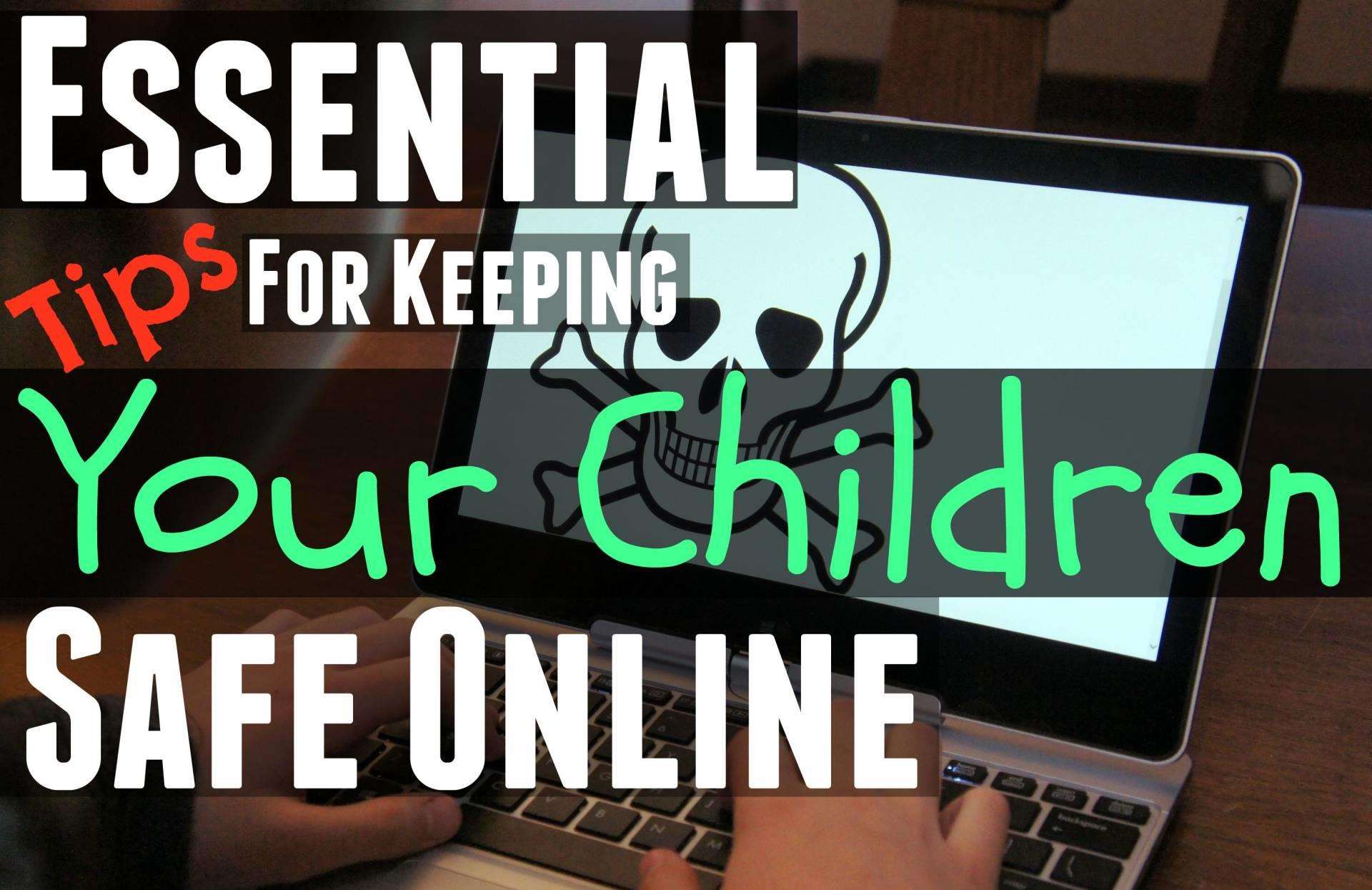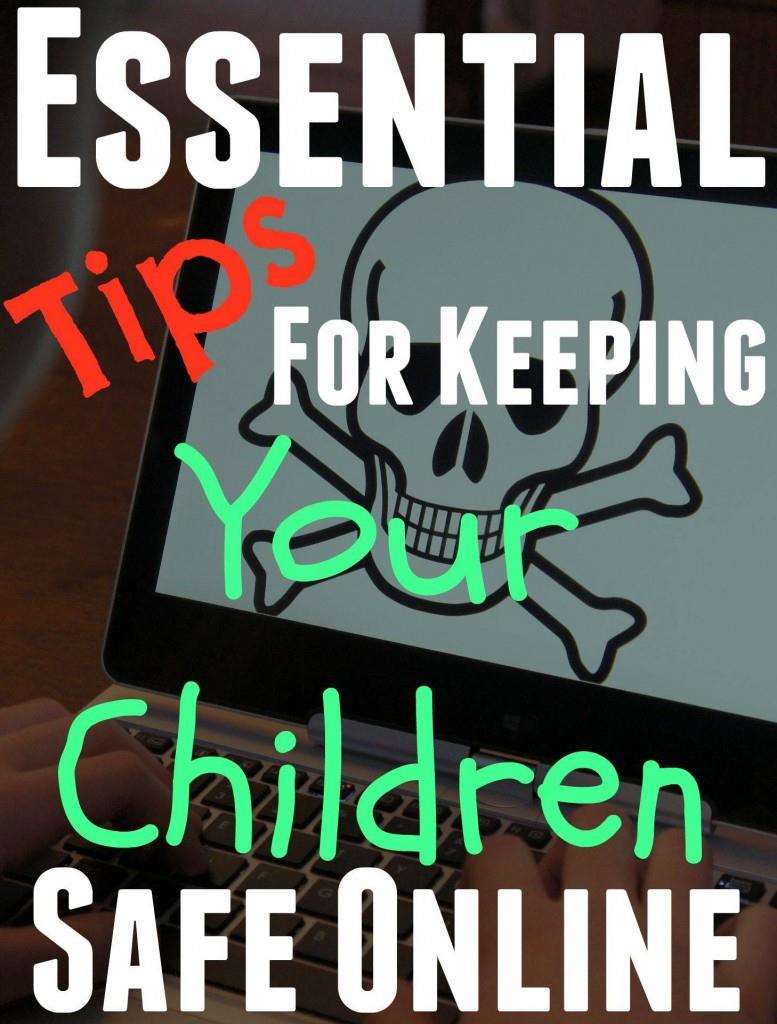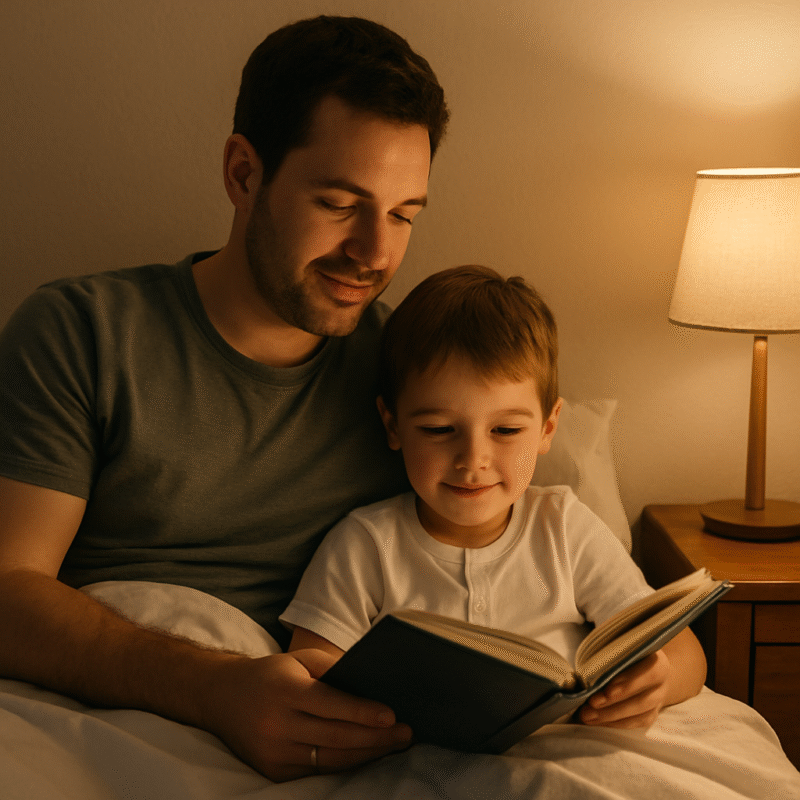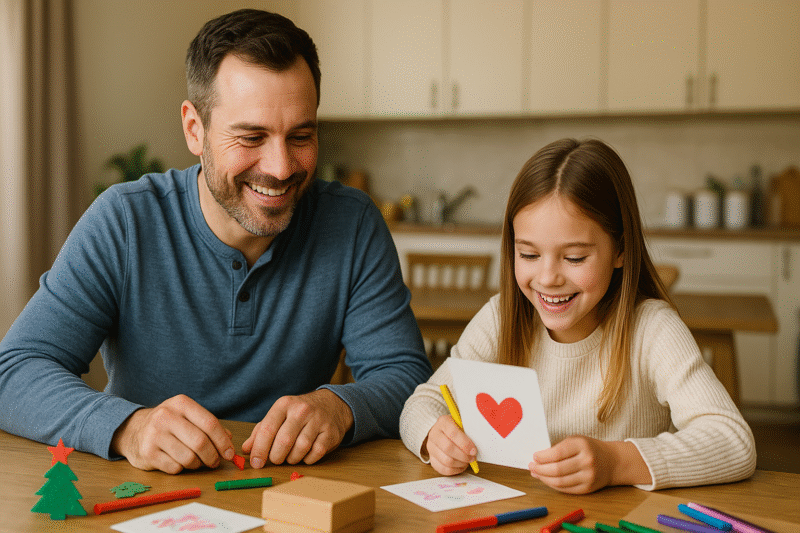As a Dad, protecting your children used to mean keeping them safe in the real world with teaching skills such as crossing roads, not talking to strangers and who to call if help is needed. Now there is also the added dimension of teaching them the right tools to know how to equip themselves on the Internet. Previous generations have always been behind their children as far as technology is concerned as they were the ones growing up with the computers and phones not the Mums and Dads, (I certainly know from experience as my Mum is a definite Technophobe!). But as parents now, we may be the first generation where we have a fighting chance of keeping ahead of our kids in the digital world, this doesn’t happen easily though and does require us all to be prepared to do a little bit of work to ensure we can stay one step ahead of our children online.
One place which is ever changing and as our little ones grow, an area where they will want to spend a lot of time, is using Social Media. This is the general term for sites such as Facebook, Twitter, Instagram and popular apps such as Snapchat, there are even sites for the younger ones such as Club Penguin. If used in a safe and controlled way, Social Media can be a great and fun way to interact with friends and family, but there are risks and safety concerns if we as parents allow them to roam free without any restrictions.
Below are some simple tips which can be applied to any social media site which your children are using:
- Abide the Rules of Age Restriction – Most of the mainstream Social Media Sites such as Facebook and Instagram have age restrictions of 13 years old. These are put in place for a reason, mainly because of data protection regulations (sites cannot collect personal information about children). Lots of parents have created pages for their children before they turn 13, the problem with this is that their online age will then differ from their real age which means for sites like Facebook which protects 13-18 year olds from adult content which may be available to older users, they may be subjected to content they shouldn’t see before they actually turn 18. This is kind of like the modern day equivalent of Fake ID and is encouraging them to lie about their age.
- Only Allow them to Add Contacts they know and trust – As kids reach their teens, social media becomes a popularity contest, who can get the most connections etc. This has it’s own security risks as it means you may be sharing personal information with people who they don’t know and may not be who they say they are. So it is therefore a good idea to instill from an early age, that when talking to people online, make sure they know who they really are, and if needs be, as a parent, vet them yourself first.
- Lock Down their Profiles – Most Social Media platforms don’t have the highest security settings set as standard so do some research into the settings for whichever flavour site is your pride and joy’s choice and help them ensure they won’t be sharing their photos and posts with the world and instead only with trusted friends and family.
- Add You as A Connection – Hardly the coolest thing for them to have their Dad (or Mum) as a friend, but as a first step to trusting them, they should have nothing to hide from you. You don’t have to be having active conversations with them through the site, but just knowing you may be aware of their activities will possible ensure they will be careful.
- Things Posted Online can Affect Their Future – They may think it is funny to post inappropriate/indecent content (as seen in the news this week but more and more Universities/Employers are searching Social Media before taking on recruits and any black marks could stop them being taken on. Therefore, it is important to ensure they are sensible with their postings. Especially when considering that things posted online stay there forever, even when deleted!
The other important point here is, we should be following these rules ourselves too, as ultimately we are the role models they will try and emulate. If we do things online that we have told them not to, it’s hardly going to stick is it?
We have to dip our toe into the world of social media, even if you aren’t tech savvy, there are resources out there (such as YouTube) which will help you understand how to set privacy settings on a particular platform or how to block an unwanted contact. Helping yourself to help make your little one’s digital journey that little bit safer.
About the Author:
“I’m Simon, been married to my incredible wife for 4 years and we have a 1 yr old son, who is our world. I work in the IT world and as part of my role, I volunteer to go out to schools to present Online Safety talks to students, teachers and parents. So I have a broad understanding of keeping kids safe on the Internet and also some of the troubles Parents have with knowing what their children are doing online. I flirt with being a runner, but nowhere near as often as I should and am an avid Peterborough United fan (for my sins :) )”.














